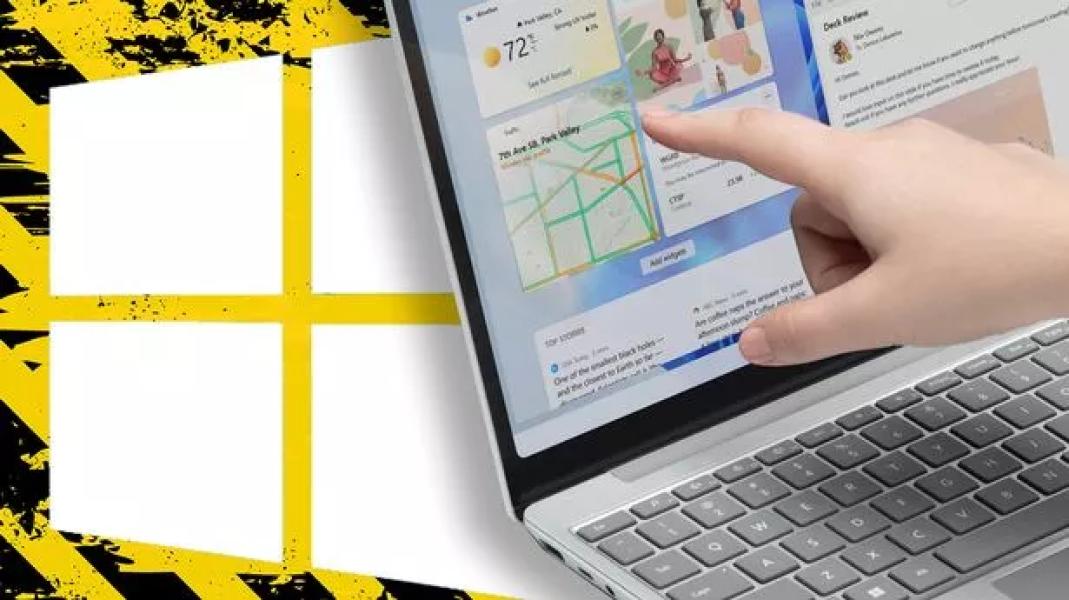Microsoft has just confirmed how much Windows 10 users will have to pay next year to keep their PCs secure.

If you're still using Windows 10 and don't want to upgrade to Windows 11, be careful. Microsoft is ending free support for this very popular operating system, which means you'll soon have to start paying to keep your PC secure. The Windows 10 deadline is in the fall of 2025 – after that date, no free updates, fixes or new features will be available to devices that are still running the OS.
“Starting October 14, 2025, Windows 10 will no longer receive security updates. As security threats evolve and change, our operating systems and hardware must adapt as well,” Microsoft confirmed in its latest announcement.
Now we know exactly what steps to take to stay safe, as Microsoft has announced that it will offer Extended Security Updates (ESU) to users, but only for an annual fee of $30 (£24). Once you sign up for ESU, your Windows 10 PC will continue to receive “critical and important security updates.”
“We understand that some of you may need time to upgrade to a new Windows 11 or Copilot+ PC. During this time, you may want to take steps to protect your current PC,” said Yusuf Mehdi, executive vice president and chief consumer marketing officer at Windows.
“For the first time, we are launching the ESU program for personal use. The ESU program for consumers will be available for a year for $30. Enrollment in the program will become available closer to the end of support in 2025.”
Argos shoppers rush to buy cheap iPhones after surprise Black Friday deal confirmed
While this update means some users may not have to upgrade to Windows 11, these updates aren't as advanced as what many are used to.
Microsoft stresses that upgrading to Windows 11 is still the best choice for most users, as the company says ESUs will not offer new features or bug fixes, and technical support will end.
If your PC meets the requirements for Windows 11, now is the time to upgrade to avoid paying any fees. If you can't upgrade because of system requirements, you risk being left without a secure device, paying an annual fee, or buying a new laptop.
Beware Samsung and LG – Sky update could persuade you to ditch your current TV
To install or upgrade to Windows 11, your devices must meet the following minimum hardware requirements:
Processor: 1 gigahertz (GHz) or higher with two or more cores on a compatible 64-bit processor or system on a chip (SoC).
Memory: 4 gigabytes (GB) or more.
Storage: 64 GB or more available disk space.
Video card: DirectX 12 or later compatible, with WDDM 2.0 driver.
System firmware: UEFI, secure boot support.
Sourse: www.mirror.co.uk





